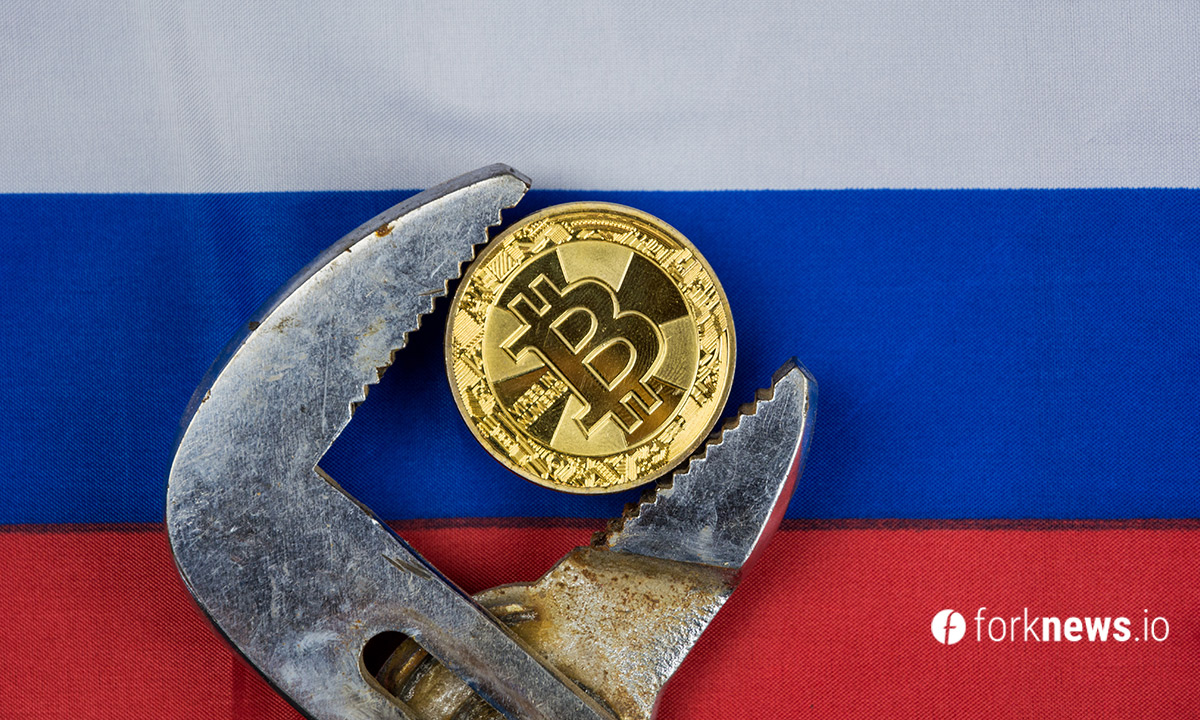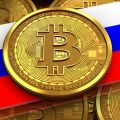
The new law “On Digital Financial Assets” is more like a theoretical guide to basic conceptsthe coming digital age than a practical guide to regulation.
On the one hand, the law “on DFA” willpromote the legalization of cryptocurrency business in Russia. On the other hand, its regulatory gaps and contradictory conceptual apparatus call into question the future of the digital currency market in the country.
Let's figure out exactly how the new legislation will affect the Russian crypto industry.
Digital currency
Part 3 of Art. 1 of the Law on DFA defines digital currency as a set of electronic data (digital code or designation) contained in an information system.
A vague definition implies a broad interpretation. Digital currencies include electronic certificates, bonuses, and even World of Warcraft in-game currency.
The law does not regulate tokens with different functionality, such as payment and service tokens.
Cryptocurrency
Digital currency is recognized as a means of payment andmay be an investment but does not have legal tender status. Russian business and citizens are not entitled to accept digital currency as payment.
Advertising
In Russia, it is prohibited to disseminate information aboutpayment for goods and services in digital currency. According to the CFA law, any site with store cards that accept digital currency as payment violates the law.
Judicial protection
Legal protection for a miner or ownercryptocurrency is possible only after a confirmed declaration and payment of all taxes on the turnover of the digital currency. At the same time, the mechanism itself for checking the correctness of the declaration in the document is not provided.
Digital currency is treated as a property inwithin the framework of anti-money laundering legislation (Article 17), competitive procedure (Article 19), enforcement proceedings (Article 21), anti-corruption legislation (Article 22). In other property disputes, for example, within the framework of jointly acquired property of spouses or authorized capital, the crypt is not considered as property.
Mining
The law does not contain any provisionsrelated to cryptocurrency mining. Since August last year, departments have been preparing a package of amendments to the main law, which will reflect the rules regarding the mining of cryptocurrencies.
The proposed amendments are formulated extremelyvague. It is assumed that mining and the development of specialized software will be allowed, but payment for such services with digital currency is prohibited. This means that BTC miners will not be able to legally receive Bitcoin rewards.
Operators of exchangers and exchanges
The document introduces a new subject - exchange operatorsdigital financial assets. Such operators are allowed to exchange cryptocurrencies and trade utilitarian digital rights, which are permitted by Russian law. The law also introduces the concept of operators' "business reputation". The Bank of Russia will maintain an open register of operators of the CFA and monitor the integrity of their work.
Cryptocurrency exchanges that operate in Russia today do not meet the requirements of the law.
ICO
The document contains requirements for ICO. The document contains the terms crowdfunding, investment project tokens, white paper.
To issue tokens and conduct ICOs, permission from the Central Bank is required.
Subscribe to ForkNews on Telegram to stay up to date with the latest news from the world of cryptocurrencies





